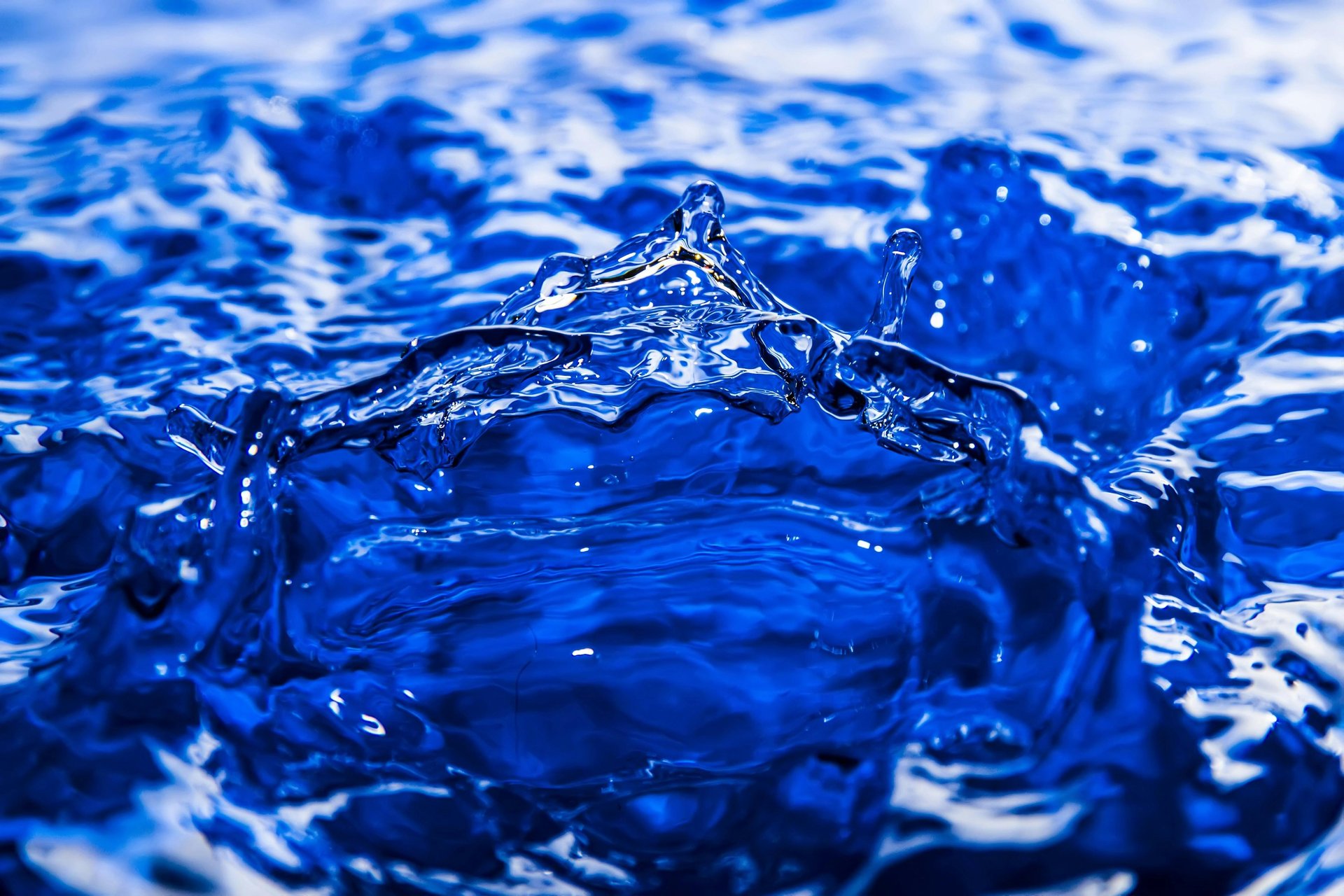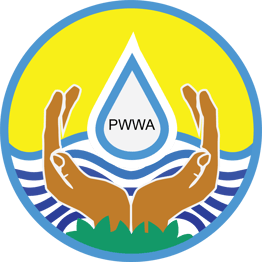
PWWA
Promoting water resilience in the Pacific region.
Membership
Events
info@pwwa.ws
+68530326
© 2025. All rights reserved. Developed by Nova Tech Ltd

Promoting water resilience in the Pacific region.
Membership
Events
info@pwwa.ws
+68530326
© 2025. All rights reserved. Developed by Nova Tech Ltd
